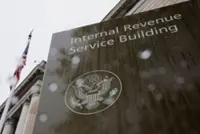JAKARTA: Analysts say that the government should lower its expectations for state-owned enterprises (SOEs) becoming profitable if it insists on burdening them with tasks that lack commercial viability.
Furthermore, the government may need to disburse more funds to tide over SOEs mired in financial difficulties.





